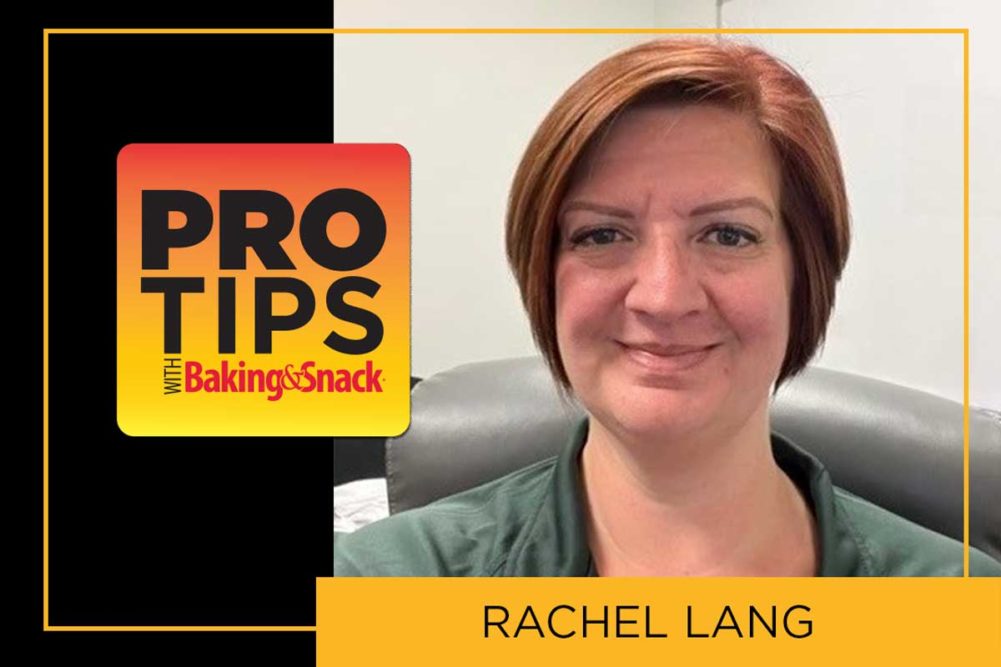Pro Tip: Four methods to help bakers evaluate a traceability and recall program.
Food manufacturers work hard at preventing recalls, but most companies will eventually have to deal with them. That is why it is important to have a written recall plan and be prepared to carry it out quickly and efficiently. By challenging and testing your traceability and recall plan, teams can be ready for all possible scenarios.
Here are some key tips to help evaluate a traceability and recall program:
- Prepare the team: Organize practice scenarios using real examples. For instance: We received a customer complaint on lot code XYZ of Product A; we believe it came from the seasoning blend used. What seasoning lot codes did we use that day? Do we have any more implicated seasonings in storage? Can we trace everything we made with it? Using simple examples for practice exercises will prepare your team for a real recall situation.
- Implement corrective actions: After the exercise practice, the recall team should meet to discuss the challenges and gaps identified and develop a corrective action plan. If the findings were significant, a follow-up exercise should be conducted.
- Challenge your team’s knowledge and training: Conduct your practice exercises during weekends and off-shits to ensure readiness. Make sure you have trained people who can conduct a recall regardless of when the notification is received.
- Ensure the accuracy of your customers’ contact information: Leverage sales and supply chain teams to validate customers’ contact information in recall situations. This is critical to ensure an efficient communication process in which you reach the appropriate people.
Using relevant practice exercises to challenge recall teams and following these tips will increase preparedness for a recall event.
Rachel Lang is a food safety professional at AIB International.






